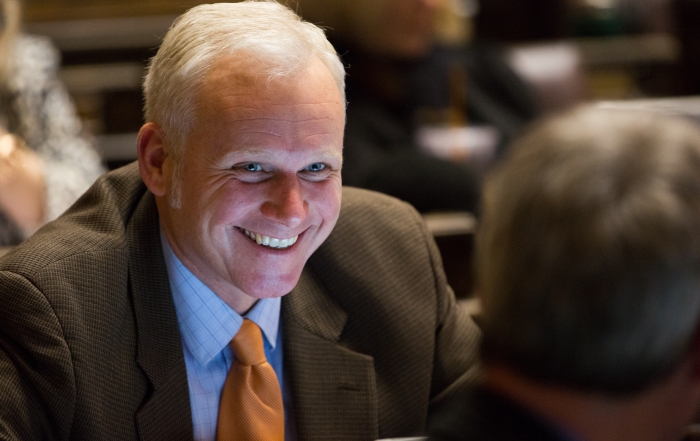Olympia lawmakers are considering legislation that would distinguish the wood products and timber industry as a vital part of Washington state’s global climate response. The Senate Ways & Means Committee held a public hearing on Substitution Senate Bill 6355 earlier this week on Monday and an executive session the following day to hear about the unique role the forest products sector plays as a significant net sequester of carbon.
The primary sponsor of the legislation, State Senator Kevin Van De Wege (D-Sequim), said the bill would have state agencies recognize and support efforts by timber companies through “reforestation, afforestation, timber harvesting and the planting of forested buffers in riparian areas.”
“There’s a presumption out there that timber harvesting and environmental protection are mutually exclusive, but we’re learning that the opposite is true,” said Van De Wege, who chairs the committee. “By aligning timber practices and cycles with the state’s carbon reduction goals, we can boost our rural economies and improve our environmental health at the same time.”
Van De Wege’s blog reports that:
Senate Bill 6355 would create a Forest Carbon Reforestation and Afforestation Account to provide grants to landowners that advance the state’s carbon sequestration goals and would direct the state Department of Commerce to promote markets for the state’s forest products.
“This is a mutually beneficial partnership that can enable our private timber forest owners to stay competitive and thrive,” Van De Wege said. “Timber is a sustainable, renewable product that is superior to competing products that cause harm to the environment.”
Timber industry leaders, including the Washington Forest Protection Association (WFPA), said they support Van De Wege’s efforts because it establishes that working forests and the trees that grow, are harvested and then replanted on those lands provide an economic and environmental benefit. If approved, SSB 6355 also would encourage working forests to remain working forests.
WFPA government relations director Jason Callahan noted that “Washington’s forested and rural areas provide a steady, natural mechanism for offsetting the state’s overall carbon emissions” and that SB 6355 “recognizes the value of this role and provides appropriate support for it.”
Said Mark Doumit, WFPA executive director:
“It’s time to recognize the importance of trees in sequestering carbon, and the critical role our forest products industry can play in reducing emissions. As we think long term, we can enable rural resource-based communities to prosper while helping meet our carbon reduction goals.”
On behalf of the Washington Farm Forestry Association, Heather Hansen testified during the February 10th public hearing and underscored that many private forestland owners face development pressure as the state’s population continues to grow.
Said Hansen:
“The challenge for many small landowners is keeping their forest land forested in light of development pressure, and this bill helps us by recognizing that harvesting, transportation and manufacturing sectors all work together to help maintain our forestlands…helping ensure that forest land is part of the carbon solution for generations to come.”
